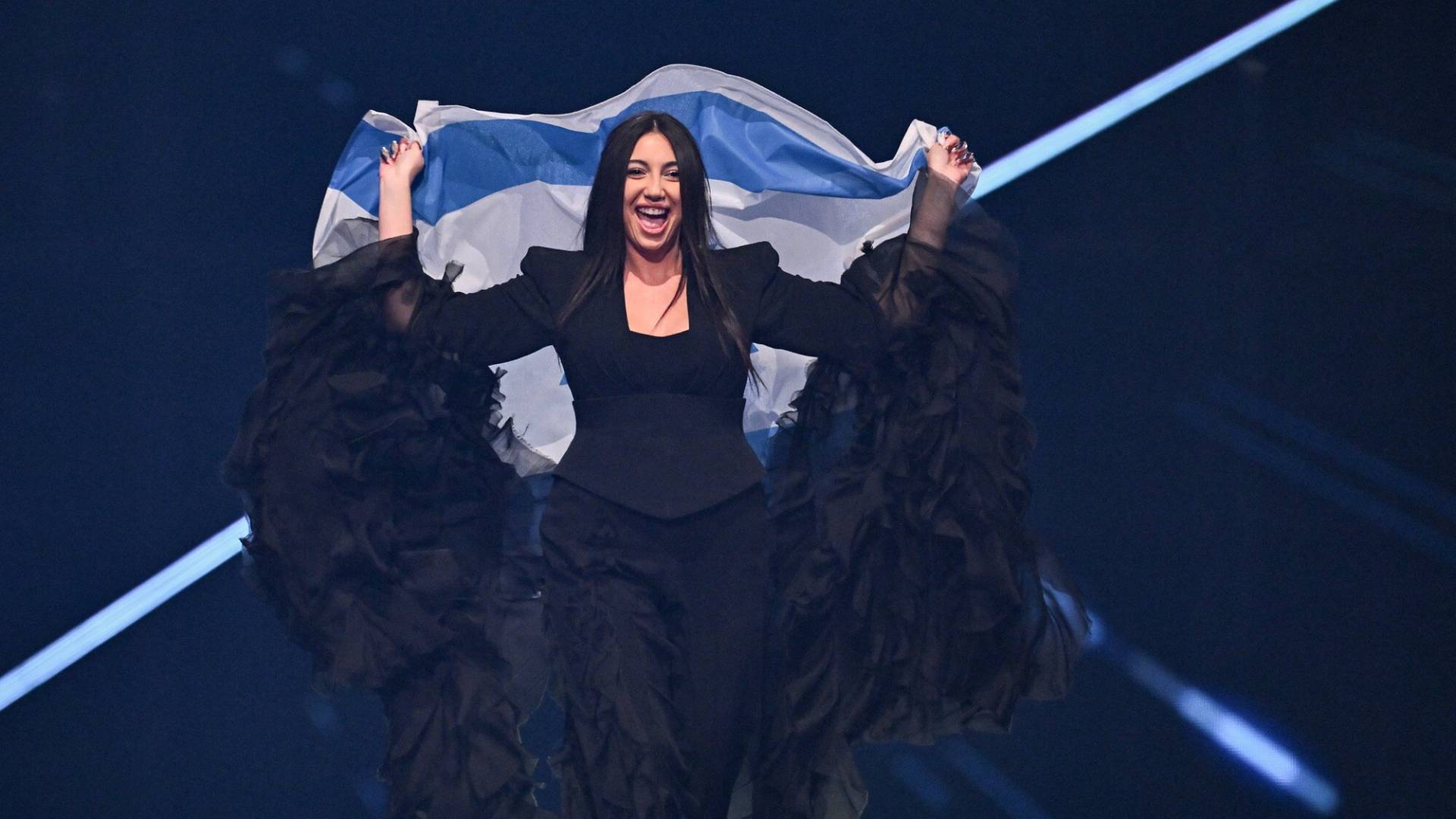Yuval Raphael
Eurovision changes voting rules amid claims of 'Israeli' government interference
Note: AI technology was used to generate this article’s audio.
The Eurovision Song Contest is set to introduce major changes to its voting system after allegations of interference by 'Israel’s' government during the 2025 competition. Organizers said the reforms are intended to safeguard the integrity of the contest and prevent undue influence on results.
Key changes include reducing the number of votes an individual can cast online, by SMS, or via phone from 20 to 10, stricter rules around promotion of artists and their songs, the return of professional juries for the semi-finals, and enhanced technical safeguards to detect and prevent suspicious voting activity. At least two jurors aged 18-25 will now be included in every jury to reflect the contest’s appeal to younger audiences, and the overall voting weight will aim for roughly 50-50 between juries and public votes.
The rule adjustments follow the controversy surrounding 'Israel’s' representative, Yuval Raphael, who received the largest number of public votes in May 2025 but ultimately finished as runner-up after the jury votes were tallied. Several broadcasters, including Ireland’s RTE, Spain’s RTVE, and the Netherlands’ AVROTROS, raised concerns about “external interference” and called for a complete review of the voting system.
The European Broadcasting Union (EBU) emphasized that any attempts to influence the results through third parties -including governments or governmental agencies - will lead to sanctions. Contest director Martin Green said the changes are meant to encourage “more balanced participation” and protect Eurovision as a neutral space for music.
Controversy surrounding 'Israel'
Facing the 70th edition of the Eurovision Song Contest in Vienna, a significant number of countries have threatened to boycott the event if the European Broadcasting Union (EBU) permits 'Israel's' participation, citing its aggression in Gaza and concerns over a double standard in the contest's policy.
Broadcasters from nations including Spain, Ireland, the Netherlands, Slovenia, and Iceland have publicly declared their intention to withdraw, drawing a direct parallel to the EBU's 2022 decision to exclude Russia following its full-scale invasion of Ukraine.
These boycotting countries argue that if Russia was banned for geopolitical conflict, 'Israel' should face the same exclusion, emphasizing that the song contest must not be used as a political instrument while severe humanitarian issues remain unresolved.
This has placed immense pressure on the EBU, which is set to address both the new voting rules and 'Israel's' contentious status at its winter general assembly in December.




